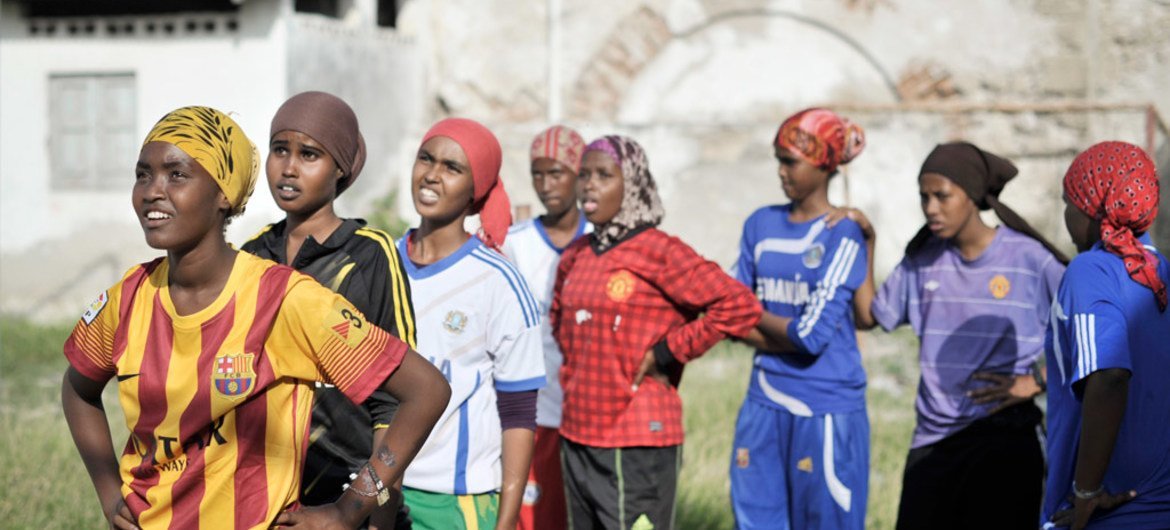Introduction:
Sports have long been a universal language, transcending cultural and linguistic barriers to bring people together in a shared passion. Beyond mere entertainment, sports have a profound impact on society, fostering peace and understanding among individuals, communities, and nations. This article delves into the significant role sports play in promoting peace and understanding, exploring their ability to bridge divides, promote diplomacy, inspire social change, and break down barriers.
Bridging Divides:
Sports have a unique ability to unite people from diverse backgrounds, creating a sense of belonging and shared identity. The Olympic Games, for example, bring together athletes from over 200 countries, celebrating their differences while promoting a shared humanity. This unity is not limited to the playing field; sports have been instrumental in bridging cultural and political divides, facilitating dialogue and understanding between nations.
In 2018, the Winter Olympics in Pyeongchang, South Korea, saw North and South Korea field a joint women’s ice hockey team, symbolizing a moment of unity in a region often marked by tension. This gesture of unity was a powerful statement, demonstrating the ability of sports to bring nations together and promote peace.
Promoting Diplomacy:
Sports diplomacy has become an increasingly important tool in international relations, fostering cooperation and understanding between nations. The Ping-Pong Diplomacy of the 1970s, which saw the United States and China engage in a series of table tennis matches, marked a significant thaw in relations between the two nations. This exchange paved the way for future diplomatic efforts, highlighting the power of sports to break down barriers and facilitate dialogue.
Inspiring Social Change:
Sports have long been a catalyst for social change, inspiring movements and challenging societal norms. The Civil Rights Movement in the United States, for example, saw African American athletes like Jackie Robinson and Muhammad Ali challenge segregation and discrimination, using their platforms to advocate for equality. Similarly, the LGBTQ+ community has found support and acceptance through sports, with organizations like You Can Play and the LGBTQ+ Sports Coalition working to promote inclusivity and understanding.
Breaking Down Barriers:
Sports have a unique ability to break down barriers, challenging stereotypes and promoting understanding between different cultures and communities. The Paralympic Games, for example, celebrate the achievements of athletes with disabilities, challenging ableism and promoting inclusivity. Similarly, women’s sports have made significant strides in recent years, challenging gender stereotypes and promoting gender equality.
The Impact of Sports on Peace and Understanding:
The impact of sports on peace and understanding is multifaceted and far-reaching. By bringing people together and promoting a shared sense of purpose, sports have the power to:
- Bridge cultural and political divides
- Promote diplomacy and international understanding
- Inspire social change and challenge societal norms
- Break down barriers and promote inclusivity
Conclusion:
In conclusion, sports play a vital role in promoting peace and understanding, bridging divides, promoting diplomacy, inspiring social change, and breaking down barriers. As a universal language, sports have the power to unite people from all walks of life, fostering a shared humanity and promoting a more peaceful and understanding world. As we move forward, it is essential that we continue to harness the power of sports to build bridges, challenge stereotypes, and inspire positive change.
